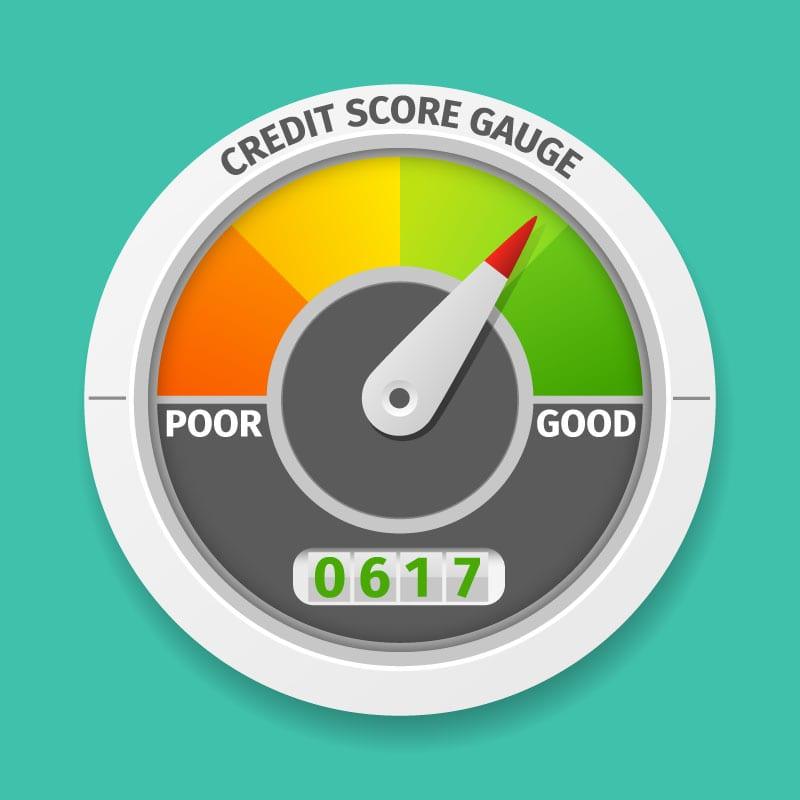How to Improve Your Credit Score Before Applying for a Loan
Are you planning to take out a loan? Whether it’s for a home mortgage, car financing, or personal loans, your credit score plays a pivotal role in determining your eligibility and the interest rates you’ll be offered. A higher credit score can save you thousands in interest payments.This extensive guide outlines effective strategies to help you improve your credit score before applying for a loan, ensuring you secure the best possible terms.
Understanding Credit Scores
Credit scores range from 300 to 850, wiht higher scores indicating better creditworthiness. The most commonly used credit score models include FICO and VantageScore. Creditors primarily use these scores to evaluate your risk as a borrower.
Credit Score Components
| Component | Percentage of Score |
|---|---|
| Payment History | 35% |
| Credit Utilization | 30% |
| Length of Credit history | 15% |
| Types of Credit | 10% |
| Recent Inquiries | 10% |
Tips to Improve Your Credit Score
Now that you understand what makes up your credit score, let’s look at practical steps you can take to improve it before applying for a loan.
1. Review Your Credit Reports
Start by obtaining free copies of your credit reports from the three major agencies: Experian, TransUnion, and Equifax. You can order one free report per year from each agency at AnnualCreditReport.com. Review these reports carefully for any inaccuracies, such as incorrect account statuses or fraudulent activity.
2. Pay Your Bills on Time
Your payment history makes up the largest portion of your credit score. Ensure that all bills, including credit card bills, utilities, and any loans, are paid on time. Here are some tips to manage timely payments:
- Set up automatic payments for recurring bills.
- Use calendar reminders or mobile apps for due dates.
3.Lower Your credit Utilization Ratio
Your credit utilization ratio is the amount of credit you’re using compared to your total available credit. Aim to keep this ratio below 30%. Here’s how:
- Pay down high credit card balances.
- Request a credit limit increase on existing accounts.
4. Build a Diverse Credit Mix
Having a variety of credit types (like credit cards, auto loans, and student loans) can positively impact your score. If you only have one type, consider diversifying your credit by taking out a small personal loan or adding a secured credit card.
5. Avoid New Credit Inquiries
Each time you apply for new credit, it results in a hard inquiry that can temporarily lower your score. Limit new credit applications at least six months before applying for a loan.Instead, focus on improving existing credit management practices.
Benefits of Improving Your Credit Score
Improving your credit score not only increases your chances of loan approval, but it also comes with several benefits:
- Lower Interest Rates: A high credit score frequently enough leads to more favorable interest rates.
- Higher Loan Amounts: Lenders are more likely to offer larger amounts to higher-scoring candidates.
- Better Chances of Approval: A good credit score increases your likelihood of loan approval.
- More Negotiating Power: With a good credit score, you may negotiate terms, such as reducing fees.
Case Studies: Real-Life success Stories
Many individuals have improved thier credit scores significantly in preparation for important loans. Here are two inspirational case studies:
Case Study 1: Sarah’s Journey to Homeownership
Sarah wanted to buy her first home, but her credit score was 620. After paying off $3,000 in credit card debt and maintaining timely payments for six months, her score improved to 740. this allowed her to secure a mortgage at a lower interest rate, saving her thousands over the life of the loan.
Case Study 2: John’s Auto Loan Approval
John aspired to get a car loan for a new vehicle but had a credit score of 580. he decided to improve his score by settling two past-due accounts and increasing his available credit limit. Within eight months, he raised his score to 675, allowing him to qualify for better financing options.
First-Hand Experience: Tips from a Loan Officer
As a loan officer, I’ve advised many clients on improving their credit scores ahead of loan applications. Here are my top tips:
- Prioritize Debt Repayment: Focus on paying your high-interest debts first.
- Check Credit score Regularly: Monitor your score monthly to stay informed about its fluctuations.
- Don’t Close Old Accounts: Keep old credit accounts open to maintain a longer credit history.
Conclusion
Improving your credit score before applying for a loan is undoubtedly a smart move. By following these steps—reviewing your credit reports, making timely payments, managing your credit utilization, and diversifying your credit mix—you can enhance your credit score significantly. Remember, every point matters, and small changes can ultimately lead to better loan offers, lower interest rates, and significant savings over time. Start working on your credit today and step closer to your financial goals!

